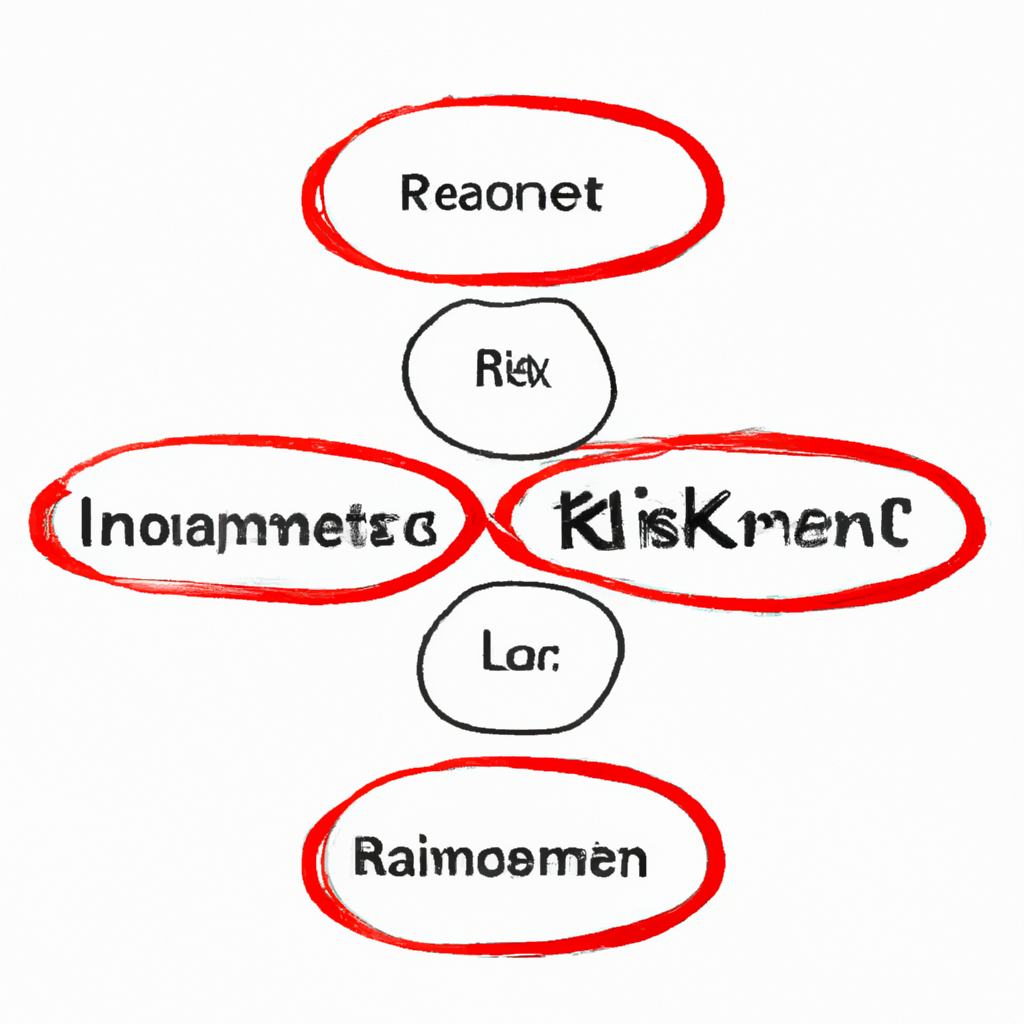
Effective Investment Risk Management Strategies
Investment Risk Management
Understanding Investment Risk
Before delving into risk management strategies, it’s important to understand what investment risk is. Investment risk refers to the potential for loss or failure to achieve expected returns on an investment. There are various types of investment risks, including market risk, credit risk, inflation risk, and liquidity risk.
Assessing Risk Tolerance
One of the first steps in managing investment risk is assessing your risk tolerance. This involves evaluating your financial goals, time horizon, and comfort level with volatility. Investors with a higher risk tolerance may be willing to take on more risk in pursuit of higher returns, while those with a lower risk tolerance may prefer more conservative investments.
Diversification
Diversification is a key strategy for managing investment risk. By spreading your investments across different asset classes, industries, and geographic regions, you can reduce the impact of any single investment underperforming. Diversification helps to mitigate risk and protect your portfolio from market fluctuations.
Benefits of Diversification:
- Reduces concentration risk
- Increases potential for long-term returns
- Provides a cushion against market volatility
Asset Allocation
Asset allocation is another important aspect of investment risk management. By allocating your investments across different asset classes, such as stocks, bonds, and cash, you can balance risk and return potential. The right asset allocation will depend on your risk tolerance, financial goals, and time horizon.
Factors to Consider in Asset Allocation:
- Risk tolerance
- Time horizon
- Financial goals
Monitoring and Rebalancing
Regularly monitoring your investments is crucial for effective risk management. Rebalancing your portfolio involves adjusting your asset allocation to maintain your desired risk level. As market conditions change, your portfolio may drift from its target allocation, so it’s important to periodically review and rebalance your investments.
Seeking Professional Advice
For many investors, managing investment risk can be a complex and challenging task. Seeking advice from a financial advisor or investment professional can help you develop a personalized risk management strategy that aligns with your financial goals and risk tolerance. A professional can provide guidance on asset allocation, diversification, and risk mitigation strategies.